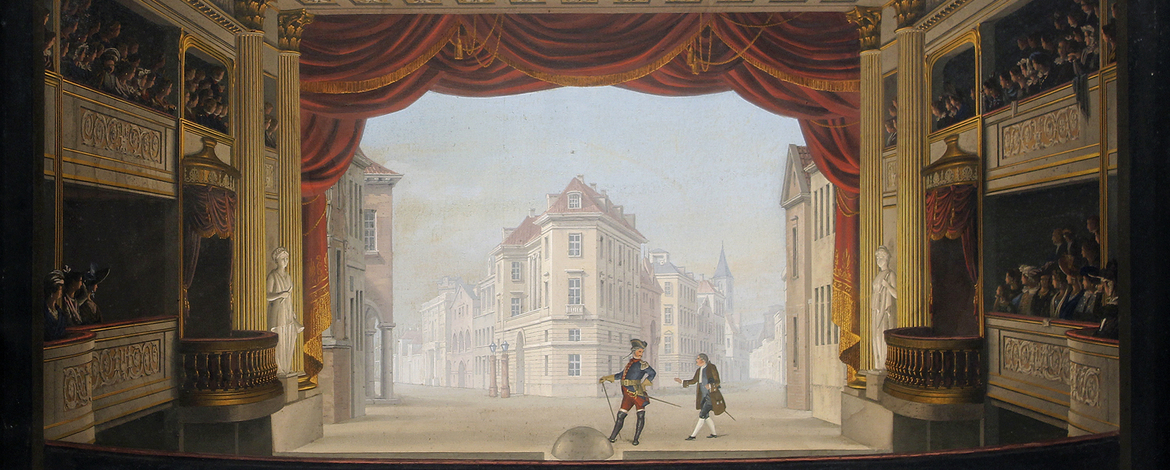The continued growth of the arts sector and other service industries demands creativity and innovation; this innovation often emerges from clusters of creative people, whether in Silicon Valley, a major metropolis like Paris, or in smaller clusters around universities and other cultural institutions. Today’s economic dynamism therefore shares many common features with artistic output over the course of history. Understanding what fosters and drives creative achievement means understanding what fosters and drives economic success today. For this reason, the economic history of art and culture has become more important in the broader field and is poised to become increasingly significant. HEDG is at the forefront of this growth.
Work conducted at HEDG provides novel insights related to creativity and innovation by touching among others, on urban economics (creative clusters), labour economics (especially migration of creative people) and education (teachers’ influence). Our research has documented some of the historical incidence, development and long-term importance of cultural heritage and artistic activity in Europe. We have studied the extent of migration and geographic concentration of creative people (music composers and others), the impact of geographic clustering on creative production, the cost of peer-interaction in terms of adverse health effects and the influence of war on conflict-induced migration among others.
SDU is an established research center in cultural economics, ranked top-30 out of 1267 institutions globally (RePEc Ideas Ranking October 2023) and is actively shaping cultural policy at EU level and beyond. SDU is co-founder of EconomistsTalkArt, a platform to disseminate cultural economics research to the research community, policy makers, and the wider public. SDU has been involved in the Association of Cultural Economics International and organizes the European Workshop of Applied Cultural Economics since 2013. The international network has been strengthened through various externally funded projects, including RICHES (EU FP7), PUCK (EU Culture Programme) and Origins of Creativity (DFF). Other grants received include: INCULTUM (EU Horizon 2020); Reading Women - Karen Brahe and Female Book Ownership (1609-1736) (Augustinus Fonden); The impact of Airbnb hosts on Arctic local economies: Consumption patterns, entrepreneurship and sustainability (Nordregio); Competing for equality: Gender and racial disparities in classical music competitions since 1890 (The Carlsberg Foundation).

Please address queries to the researcher responsible for this area: Karol Jan Borowiecki
Other HEDG researchers who have worked or are working on this topic are:
Anthony Wray
Giovanni Mellace
Sara Beth Mitchell
Maja Uhre Pedersen
Martin Hørlyk Kristensen